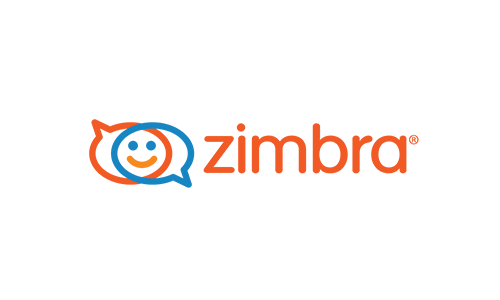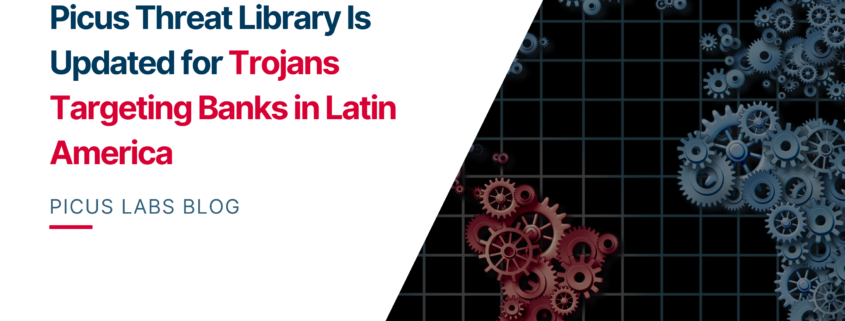Bellingham, Wash., Library Says 735 Patrons Affected by Hack
(TNS) — Bellingham Public Library has reported a data breach affecting “a limited number” of patrons, part of a recent attack on the Whatcom County Library System, city officials said Thursday, July 21.
“A recent data breach affecting Whatcom County Library System’s computer networks also resulted in the unauthorized downloading of some Bellingham Public Library patron data. No data was downloaded directly from Bellingham Public Library or city of Bellingham computer systems,” said Janice Keller, the city’s communications director.
A total of 735 Bellingham Public Library patrons are affected, Keller said in the emailed statement.
“Our library and city teams, in collaboration with Whatcom County Library System, are working swiftly to address this incident and take all necessary and required steps to address it. The investigation into this incident is ongoing,” she said.
Bellingham Public Library has some 89,898 total accounts, Keller said. There are about 60,000 active card holders, according to the library website.
Both the Bellingham and the Whatcom County libraries share a catalog and an electronic management system, and patrons can borrow materials from either library.
In June, an apparent malware attack crippled some Whatcom County library systems, including its phones, email and some digital services..
Affected Bellingham library patrons were informed of the breach, which included their name, birth date, library account number, and library password or PIN.
“Although the investigation is ongoing, we have no reason to believe any additional patron data has been exposed,” Library Director Rebecca Judd said in a letter to affected patrons that was shared with The Bellingham Herald.
©2022 The Bellingham Herald, Distributed by Tribune Content Agency, LLC.





